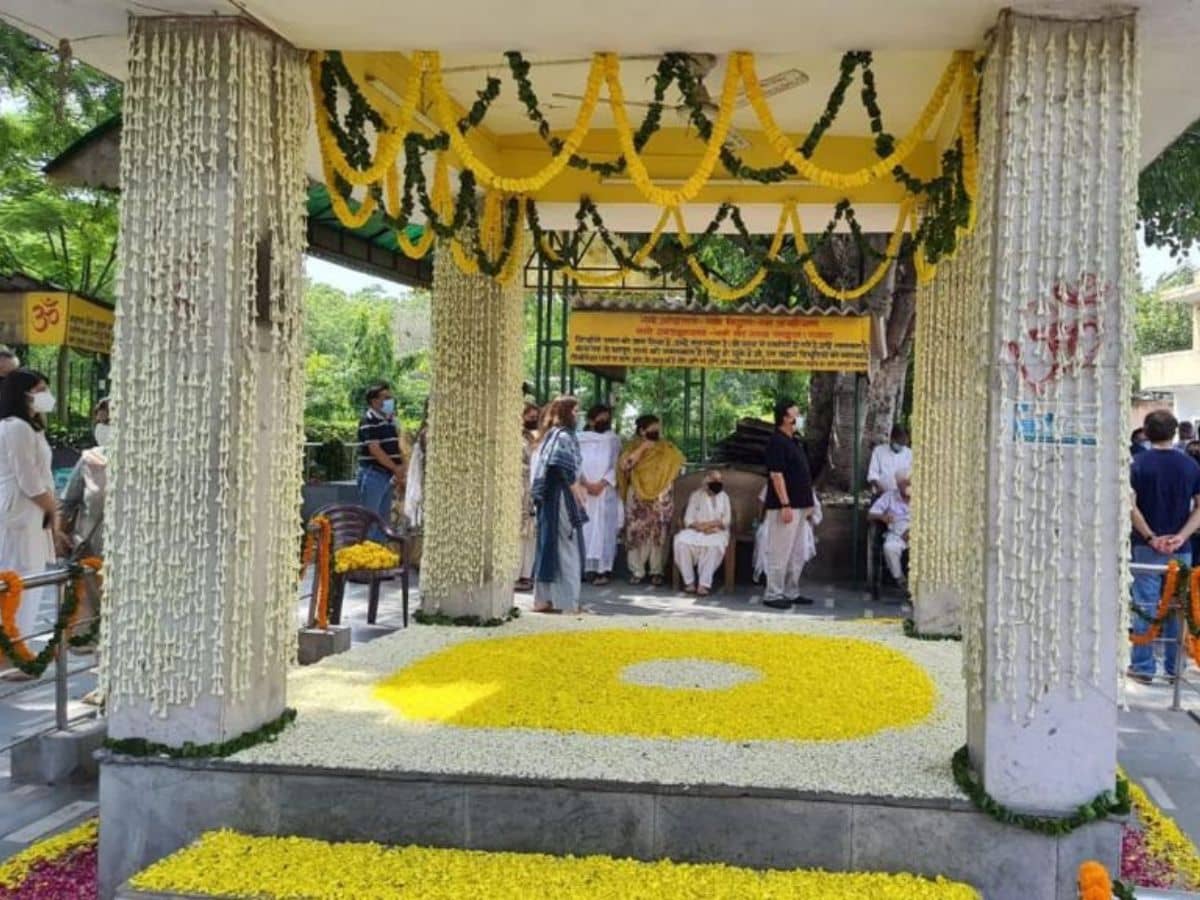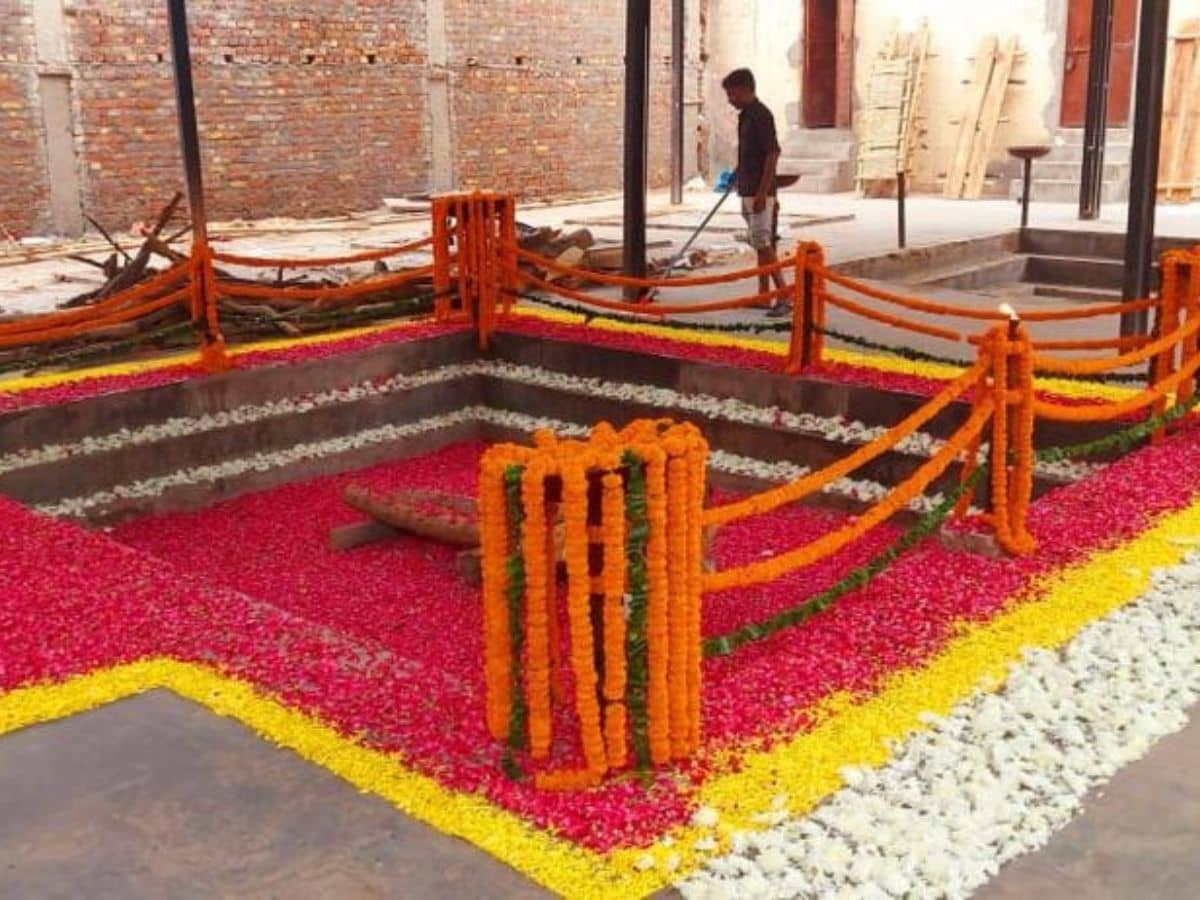When a loved one passes away in a foreign country, the process of bringing their remains back to their homeland is known as body repatriation. This process, while essential, can often be complex due to varying international laws, cultural nuances, and logistical challenges. This guide delves into the intricacies of body repatriation, offering insights and guidelines to help navigate this challenging journey.
Understanding Body Repatriation
Body repatriation is the process of transporting the deceased from the country of death to their home country. This might be required for various reasons, including fulfilling the deceased's wishes or adhering to cultural or religious customs.
Key Considerations in Body Repatriation
- Legal Procedures: Every country has specific legal requirements for repatriation. This might include obtaining a death certificate, clearance from local authorities, and other documentation.
- Cultural Sensitivities: Recognizing and respecting the customs and rituals of the deceased's culture is essential. This might influence the method of repatriation or the ceremonies conducted beforehand.
- Transportation: Decide between air and road transportation, depending on the distance and location. Airlines have specific requirements for transporting human remains.
- Cost: Repatriation can be expensive. It's crucial to get an estimate beforehand and check if the deceased's insurance policy covers these costs.
Steps in the Body Repatriation Process
- Notify Local Authorities: Before initiating the repatriation process, the death must be reported to local authorities.
- Obtain a Death Certificate: This is usually issued by the hospital or local authorities where the death occurred.
- Contact the Embassy: The deceased's embassy can provide guidance on repatriation requirements specific to the country.
- Choose a Funeral Director or Repatriation Specialist: They will handle the logistics, from preparing the body to transportation.
- Prepare the Body: This might include embalming, which is often a requirement for international repatriation.
- Handle Documentation: Ensure all paperwork is in order, from health department authorizations to customs documentation.
- Arrange Transportation: Confirm flight or transport details, ensuring the carrier is aware they're transporting human remains.
- Reception in the Home Country: Once the body arrives in the home country, local funeral directors can help with final rites and ceremonies.
Conclusion
Body repatriation, while complex, is a crucial process to ensure that our loved ones rest in their chosen place. By understanding the nuances and seeking expert assistance, families can navigate this journey with less distress.
Allow Noble Sparrows to assist you during these tough times. Our experienced team is trained in providing compassionate and efficient body repatriation services, ensuring your loved one's final journey is handled with utmost respect and care. Contact us today to learn more.




